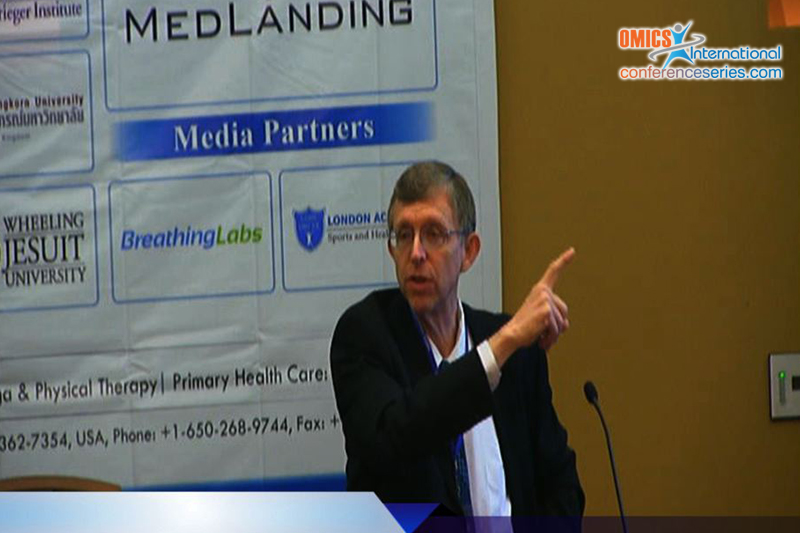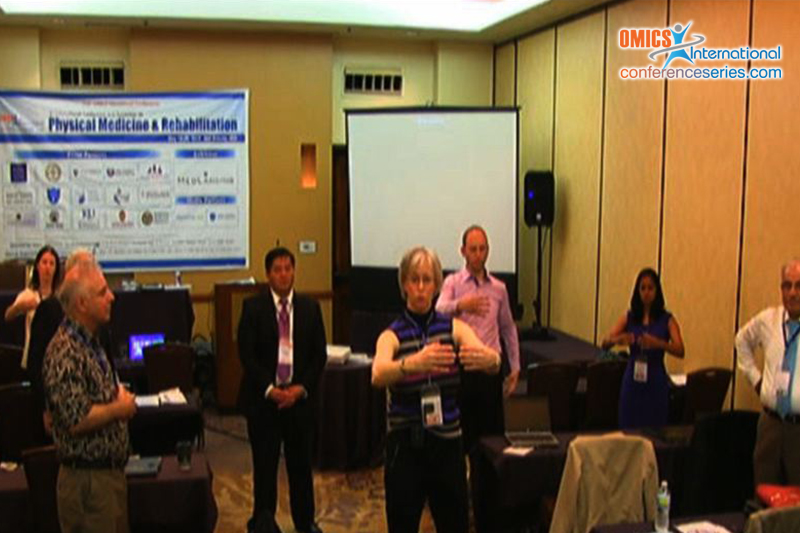
K Dean Reeves
University of Kansas
USA
Title: Results from multinational independent randomized controlled trials on practical, inexpensive and effective treatment of temporomandibular dysfunction
Biography
Biography: K Dean Reeves
Abstract
Longitudinal studies of subjects with temporomandibular dysfunction (TMD) show residual symptoms in many and nearly 25% have unabated symptoms. TMJ injection of dextrose without anesthetic had been noted empirically to have analgesic effect on local pain and to promptly reduce bruxism. A pilot study in Hong Kong demonstrated that simple intraarticular hypertonic dextrose injection using a 30 gauge needle was clinically and significantly more effective in the treatment of pain and dysfunction of TMD than intraarticular anesthetic injection. Hypertonic dextrose injection results in a brief stimulation of the inflammatory cascade, with resultant production of growth factors. However, non-inflammatory dextrose effects on growth factor production have been demonstrated, and more recently 5% dextrose has been found to treat neurogenic inflammation (pain from upregulation of the TRPV1 receptor on peptidergic nerves). The latter has the theoretical benefit of reducing pain, regardless of the status and position of the intraarticular cartilage or degree of degenerative change of the TMD. Following the pattern of the pilot study in Hong Kong, researchers in three separate countries, (China, Argentina and Canada), began adequately powered stand-alone RCTs. Each study compares one group receiving 0.2% lidocaine in hypertonic (20%) dextrose to a control group receiving 0.2% lidocaine in normal saline. Subjects are those with moderate to severe chronic facial pain and jaw dysfunction. The method is minimally uncomfortable and easily reproducible. Results from each site and their implications will be discussed.


